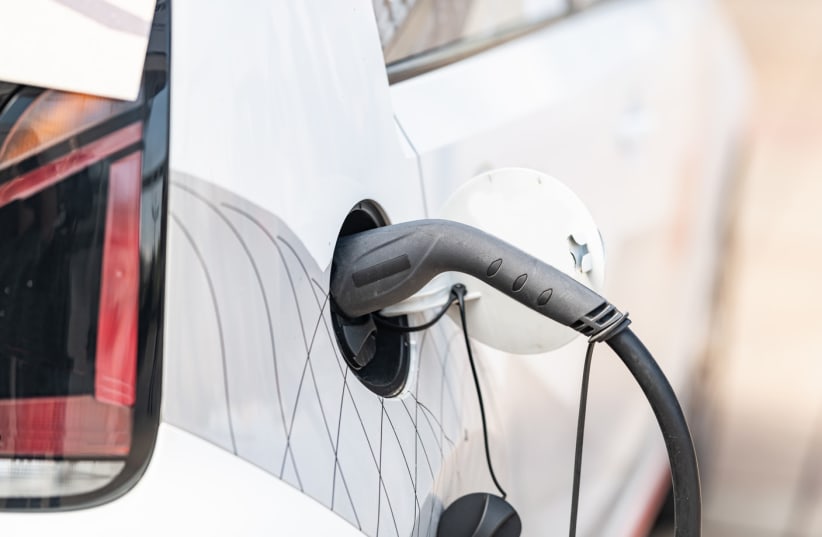A significant decree affecting 110,000 electric car owners, many of them residents of the periphery, was approved today in the Knesset: The Finance Committee approved regulations that equate the licensing fee for electric cars to the licensing fee for non-electric cars.
The regulations were approved after a stormy debate, following a proposal that had already been rejected once, and will result in an average increase of NIS 2,300 for the licensing fee per car, aiming to generate approximately NIS 230M for the state treasury annually. However, committee chairman Moshe Gafni (United Torah Judaism) agreed to ease the burden on drivers and stipulated that the change will only come into effect in January 2025 instead of next July.
The implication: Any electric car driver who passed the test before December 31st can pay the current tariff of NIS 546. The rest will pay a fee like gasoline and diesel cars, based on the price group and age of the car, regardless of the propulsion type.
The Treasury, supported by Transportation Minister Miri Regev, stated in the explanation of the regulations that the impact of electric cars on infrastructure, road congestion, and maintenance costs in the licensing system is no different from non-electric cars. It was also noted that reducing air pollution is evident as they do not pay tax on fuel.
MK Yonatan Azoulay (Shas): "It cannot be that on one hand they tell us they encourage green, subsidize, tax, and on the other hand do the opposite. Do you want to introduce a fuel tax? When? And how does it align with environmental quality and health? Will it help with traffic jams? Will people drive less?"
MK Naor Shiri (Yesh Atid): "The state does not want to encourage electric cars, it costs money, it's revenue for it."
MK Imtan Hatib Yassin (Ra'am): "Electric cars are purchased today also by the middle class, by those who want to save on fuel."
Itai Rabed, CEO of Tesla Israel, said in the discussion that "Tesla, the most expensive in the world, is sold in Israel. In the world, it is sold for 40,000 euros, in Israel it starts at NIS 220,000. What the State of Israel is doing, through the purchase tax that jumped to 35%, the percentage of car delivery tax is decreasing. Europe is moving forward, with benefits for buyers, manufacturers, importers, we are moving in the opposite direction. The basic car will cost NIS 300,000 when the country equalizes the purchase tax between electric and gasoline cars. We are distancing electric cars from Israelis."
Eitan Parnas, CEO of the Association of Green Energy Companies in Israel, said that "after so many years of green taxation, the Tax Authority is destroying the issue of electric cars. They are signaling to the public: do not buy electric cars. Let's lay it all out, you bring the cancellation of the benefit, then bring the travel tax. You define electric cars only for those with a private charger. You are not managing a dialogue, you are running to bring money. There are 100,000 electric cars, remove the tax on 3.3 million polluting cars."
In the treasury, data was presented in a discussion showing that drivers currently pay about NIS 5.3B a year in licensing fees. It was also claimed that raising taxes is not expected to affect the penetration of electric vehicles, and it was shown that the gradual reduction in benefits for electric vehicles does not harm their entry into the market even in Israel, and that the benefits provided in Israel are relatively high compared internationally.
Chairman of the committee, Knesset member Moshe Gafni, said, "We had a discussion, various questions were raised, we will hear different answers and I intend to bring the proposal to a vote. I agreed to this after it was explained to me that without this funding, there is no budget for public transportation reform, if there is no majority for it, it will not happen."
